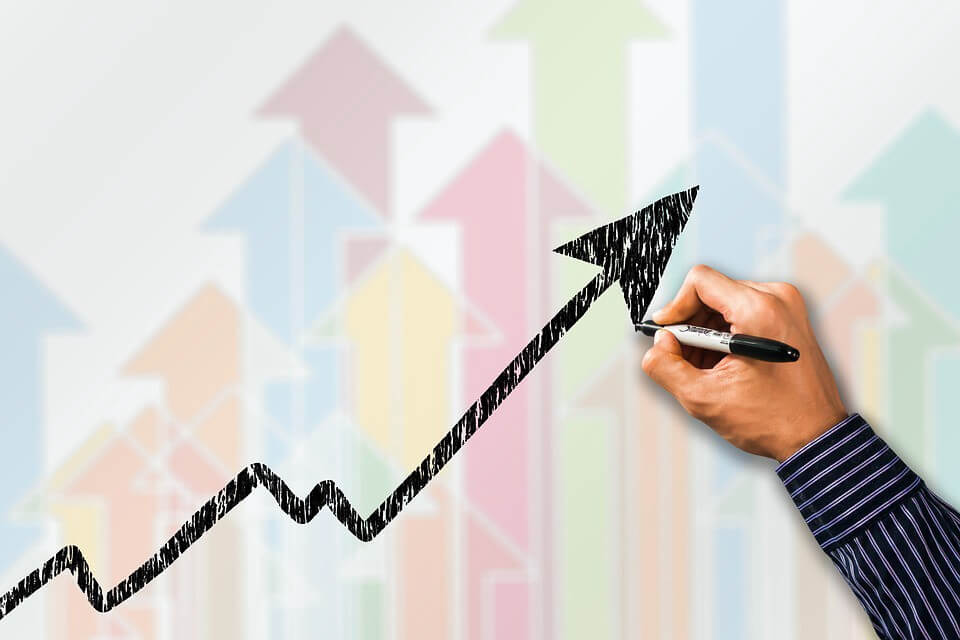In today’s world, it is more important than ever to remain competitive, efficient, and up to date with processes given the difficulties faced by different business sectors. As industries work to recover from recent recessions and tackle the new obstacles and challenges they face in the ever-evolving landscape, they find themselves navigating ever more complex issues. One sector that is growing in the face of these adversities is the electronics industry and the manufacture and use of digital data loggers are partially to thank for this success.
As companies and businesses race to evolve with the new challenges faced around the globe, the need for information and data has become increasingly important in this hotly competitive environment. Unprecedented obstacles and a pandemic-caused recession continue to show the need for technological advances and market supply flexibility.
The electronics industry has kept pace and promises to facilitate growth despite the complex challenges faced by businesses around the world.
Data loggers have been a vital part of numerous industries for decades, but today there’s an increase in the demand for these unique electronic devices. The electronic industry producing these devices has seen a boom in growth, as companies and research facilities work to remain not only efficient but also compliant with new, rigorous standards and requirements. This growth in the need for data logging technology from private companies promises an excellent outlook for growth in the electronics industry as we move into the future.
Understanding the vast benefits provided by data loggers shows just how vital this technology is and what it could do for your own business.
Data Loggers and the Electronics Industry
For a better understanding of how data loggers have helped the electronics industry become more profitable despite a difficult economic climate, knowing what this technology does helps clarify why data loggers are so sorely needed. According to this resource, knowing this can help you decide if you need this technology for your business, as well as clarify how to choose a data logger that will work for your specific needs.
The simplest definition of a data logger is that they measure and record specific data about the physical environment they are installed in. The practical applications of these tools are not as simple as their definition, and multiple industries use digital data loggers.
Data loggers are excellent assets for streamlining business practices and improving standards and quality across the board. Getting a deeper understanding of how this technology works reveals how widespread these tools are and the increased profitability they’ll bring to the electronics industry that produces them.
With so many uses and more being discovered every day, these devices promise to make the electronics industry even more profitable in the future.
Who Benefits from the Use of Data Loggers?
Data loggers streamline businesses and make the workload easier in many different ways. An additional benefit to these devices is that they help to reduce human error and create a more cohesive and reliable data set for the metrics being recorded. Furthermore, data loggers record their data without impinging on the environment they’re functioning in, producing results that are more consistent and reliable.
Laboratories and research facilities in particular benefit from these devices. In environments where the precise balance of temperature, humidity, and pressure must be maintained, interfering with the environment can alter the data being collected and create inaccurate readings. Maintaining a consistent environment is key to producing reliable, accurate datasets, so these data logging technologies are a vital part of these facilities.
Data logging technology is also incredibly important in the shipping industry, especially for items sensitive to environmental changes. Refrigerated trucks and shipping containers, transporting everything from foodstuffs to life-saving medications or vaccines, must maintain a consistent temperature through every step of the supply chain. The ability of data loggers to monitor and report on the ambient temperature of the environment ensures that the goods being shipped maintain the highest levels of quality and safety standards.
Outside these industries, the digital data logging devices available on the market today have a plethora of practical applications that benefit a vast array of businesses. Reducing energy usage and cutting down on carbon emissions by running more energy-efficient establishments is made possible through the information gathered with these electronic devices. Scientists, researchers, and inventors have even created data loggers to track the effects of climate change.
Offices and schools have employed data logging devices to help navigate new challenges. By collecting and studying information, owners and operators can better implement cleaning and maintenance schedules, track indoor air quality, and prevent overcrowding in workplaces and communal areas. Not only does this help lower operating expenses, but this technology also helps ensure that safety standards are maintained to keep the public safe.
Regardless of who uses data loggers, one thing is evident: the increased need for these devices is beneficial for the future market trends of the electronics industry responsible for producing them.
In increasingly competitive markets that strive for quality, affordability, and must provide a constantly growing list of options for consumers, data logging technology will continue to improve and expand the scope of what they can do to improve industries across the globe.

